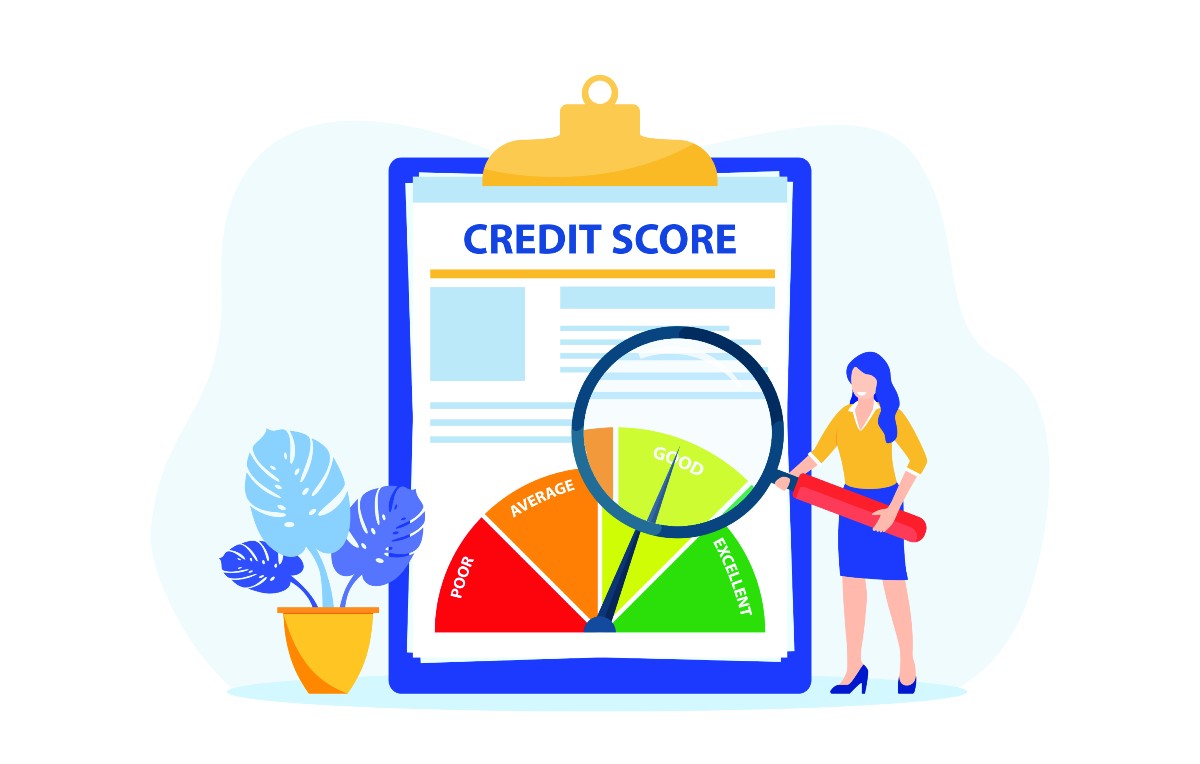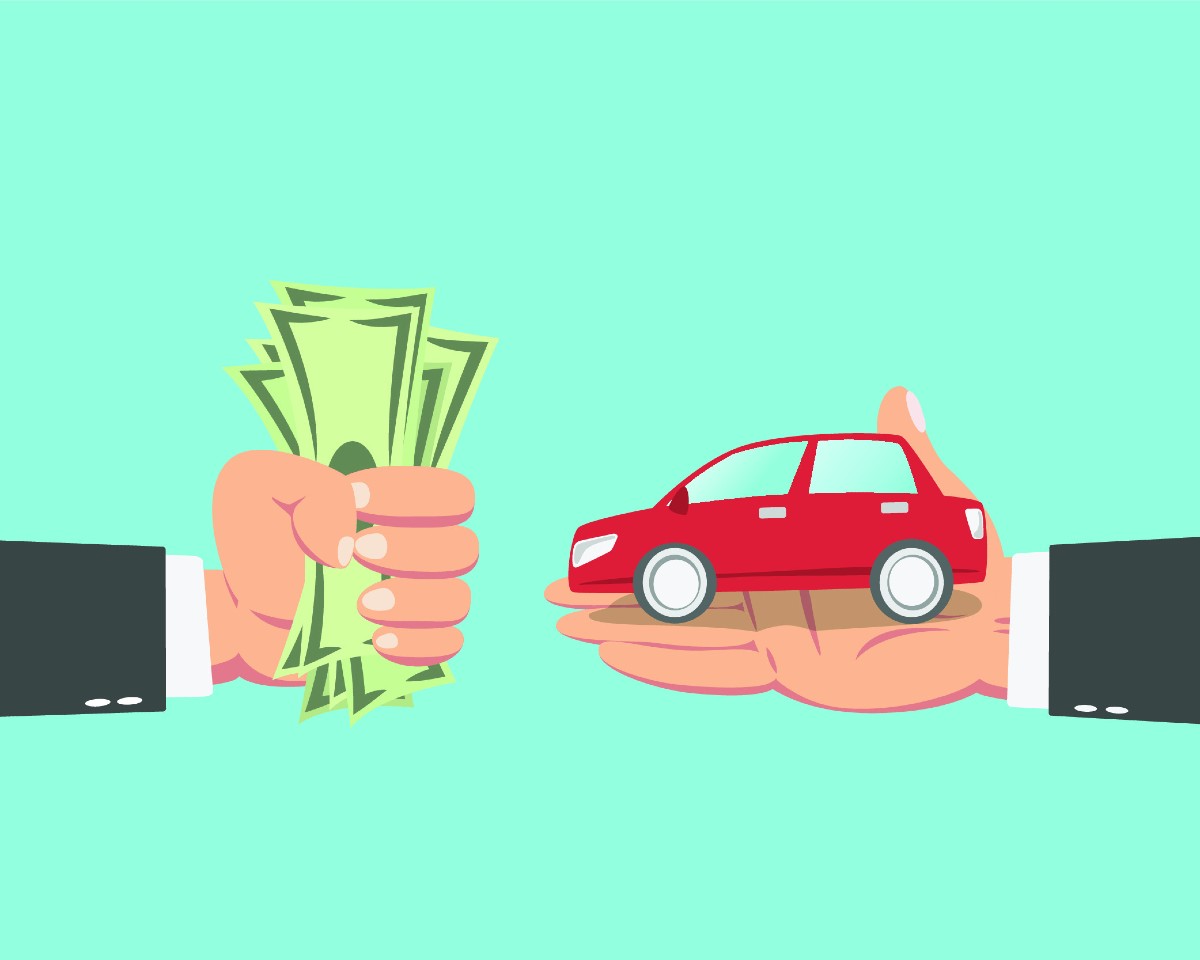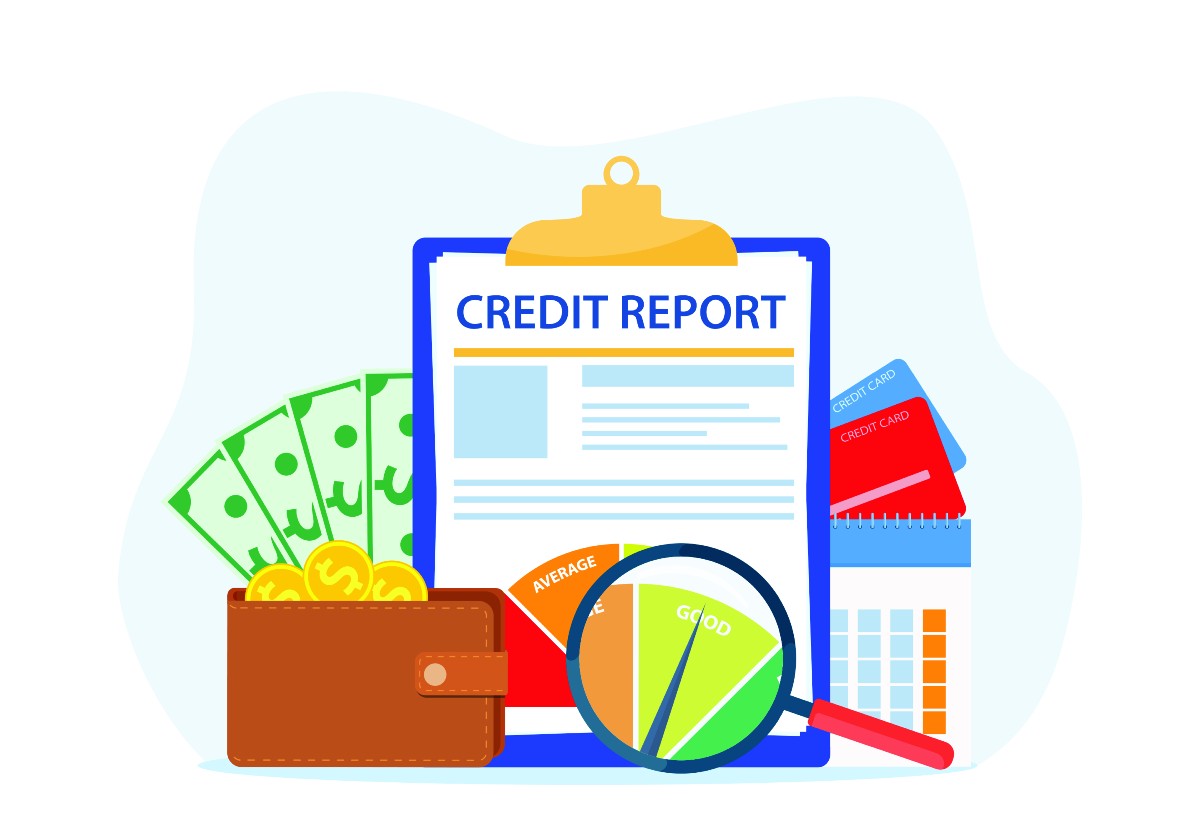How Much Does Your Credit Score Increase After Paying Off a Car?
Car loans typically have lower interest rates than other types of loans. Very often, people will pay them off early, mistakenly thinking it’ll increase their credit scores. But how much does your credit score increase after paying off a car? Or does it decrease?
This article will recap what can happen if you pay off your car early, along with its benefits and shortcomings.
Quick Recap of How Credit Works
 Credit is when you obtain goods or money from a lender and repay it at a later date. All your loan payments are recorded in your credit report. Throughout your life, you build a credit score, which can change over time. Lenders usually decide upon loan approval based on your credit score. Here is how it’s calculated:
Credit is when you obtain goods or money from a lender and repay it at a later date. All your loan payments are recorded in your credit report. Throughout your life, you build a credit score, which can change over time. Lenders usually decide upon loan approval based on your credit score. Here is how it’s calculated:
- Payment history (35%) - your ability to make monthly payments according to the schedule.
- The amount owed (30%) - the total amount you owe at any given time.
- Length of credit history (15%) - the number of years you’ve been using credit and the average age of your accounts.
- Credit mix (10%) - the diversity of your credit sources (student loans, mortgages, auto loans, etc.).
- New credit (10%) - the number of times you’ve opened accounts and applied for credit.
Why Paying Off Your Auto Loan Early Can Actually Hurt Your Credit
The popular belief is that your credit score will improve if you repay a loan early. However, this is not always the case. Sometimes paying off a car loan early can hurt your credit because a closed personal loan may affect your credit score more than an open one.
Paying Off Loans on Time Still Hurts Your Credit
Open accounts may show lenders your repayment history or the length of your accounts. These factors can positively affect your credit by demonstrating your financial dependability. Closing an account early may lower your amount owed and temporarily increase your credit score. However, your credit may begin to decrease again because the closed account can remain on your credit report for up to 10 years. In some cases, it may be more beneficial to keep an account open if you make regular, timely payments.
You may be puzzled and ask, “why did my credit score drop when I paid off my car on time?” The drop in your score might be caused by decreased diversity in your loans. Credit mix takes into account the different types of loans you have and is an important factor when calculating your score. Unless you refinance the car loan, it will be eliminated from active accounts and reduce the number of loan types you have. The credit mix category can play a very influential role, especially for people with shorter credit histories.
When Is It Good to Pay Off Your Car?
 There are some cases when you can pay off a car loan early and benefit from it. Consider paying off a car early or on time when:
There are some cases when you can pay off a car loan early and benefit from it. Consider paying off a car early or on time when:
- The interest rate is high. If repayment significantly impacts your monthly finances, you can pay the loan earlier and save on the high-interest payments. Make sure that the lender does not charge prepayment penalties, though. You may be able to refinance your loan with a lower interest rate if your credit score has improved.
- You have other open accounts. If you already have open accounts on other loan types, paying off the car loan may not hurt your credit score too much.
- You need to increase your debt-to-income ratio. DTI is the total amount you owe compared to your total earnings. Some lenders prefer ratios below 31%, so if your current DTI ratio is higher, you may be able to pay off your car and help bring it down.
When Is It Better to Keep the Loan?
Conversely, keeping the car loan open can be a better option when:
- The interest rate is low. When you buy a new car, you can take advantage of low-interest rates and try to pay off other high-interest loans earlier. If you’ve been lucky enough to receive a low financing deal, then the loan may not be as burdensome.
- You have almost paid it fully. If you only have a small portion of the loan left, the remaining interest may not hurt your financials too much. You can keep the loan on your account and avoid a possible hit on your credit score.
- You don’t have an emergency fund. Keeping extra cash for emergencies is advisable for everyone. If you still don’t have one, you can prioritize establishing one instead of repaying the loan faster than necessary.
Can You Pay Off Your Auto Loan Early Without Penalty?
Early repayment penalties depend on the lender. Prepayment penalties are fees that lenders charge for paying off a loan early. Nowadays, many car loans come without prepayment penalties, but in some cases, they may apply. Remember that lenders cannot require prepayment fees if it is not stated in your original loan agreement. This information is usually available before applying for a specific loan, so you can know what to expect.
Why Lenders Charge Prepayment Fees and How to Avoid Them
Lenders earn money on interest, which is why early repayment can prevent them from profiting on the loan. As a result, prepayment fees incentivize borrowers to pay interest within the first few years. However, over time, these fees may become less applicable.
If you face a loan with prepayment penalties, you can simply pass and walk away. Some lenders establish a fixed period during which you may pay penalties if you refinance your loan. Once you have the loan, try not to refinance it too often, or you may trigger multiple prepayment penalties. Alternatively, you could wait and refinance after the prepayment fees have phased out.
Pros to Paying Off Your Auto Loan Early
 If you have decided to pay off the loan early, you can take advantage of some perks. Here are the benefits of paying off your car loan early:
If you have decided to pay off the loan early, you can take advantage of some perks. Here are the benefits of paying off your car loan early:
- Your debt-to-income ratio may increase.
- You may save money on interest.
- You will own your car sooner.
Again, these benefits vary by lender. That’s why it’s important to read over your loan agreement carefully.
Cons to Paying Off Your Auto Loan Early
If you pay off your loan early, the downsides can include:
- Additional prepayment fees.
- Your credit score may not increase.
- You could have used your money elsewhere, like investing it somewhere that pays a higher interest rate than what the loan charges.
There may be other disadvantages as well. That said, many people are relieved when they finish paying off their car loan, and few regret taking care of it as soon as possible.
The Bottom Line
So how much does your credit score increase after paying off a car? The short answer is: sometimes it doesn’t increase at all. Your credit score may actually decrease after you pay off the loan early. Deciding on whether to pay the loan off early or not depends on your finances and priorities. The credit score drop may only be temporary, but you can save money by bypassing interest fees in some instances.


